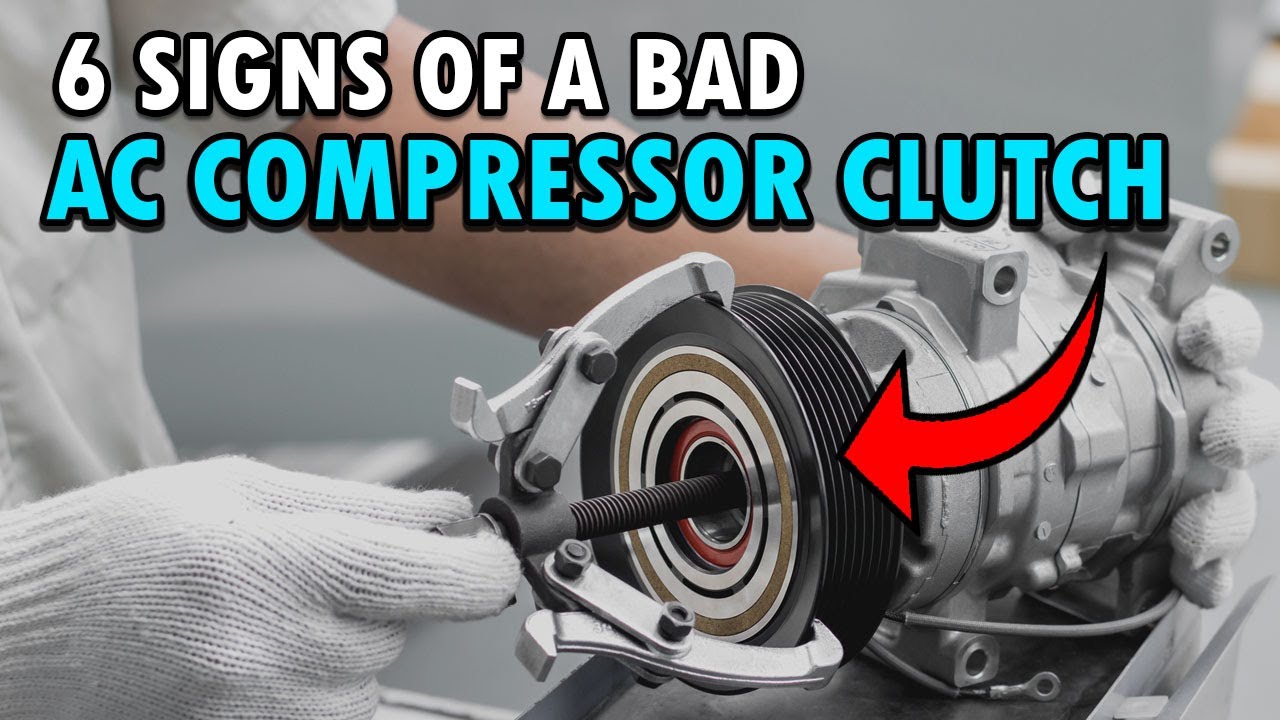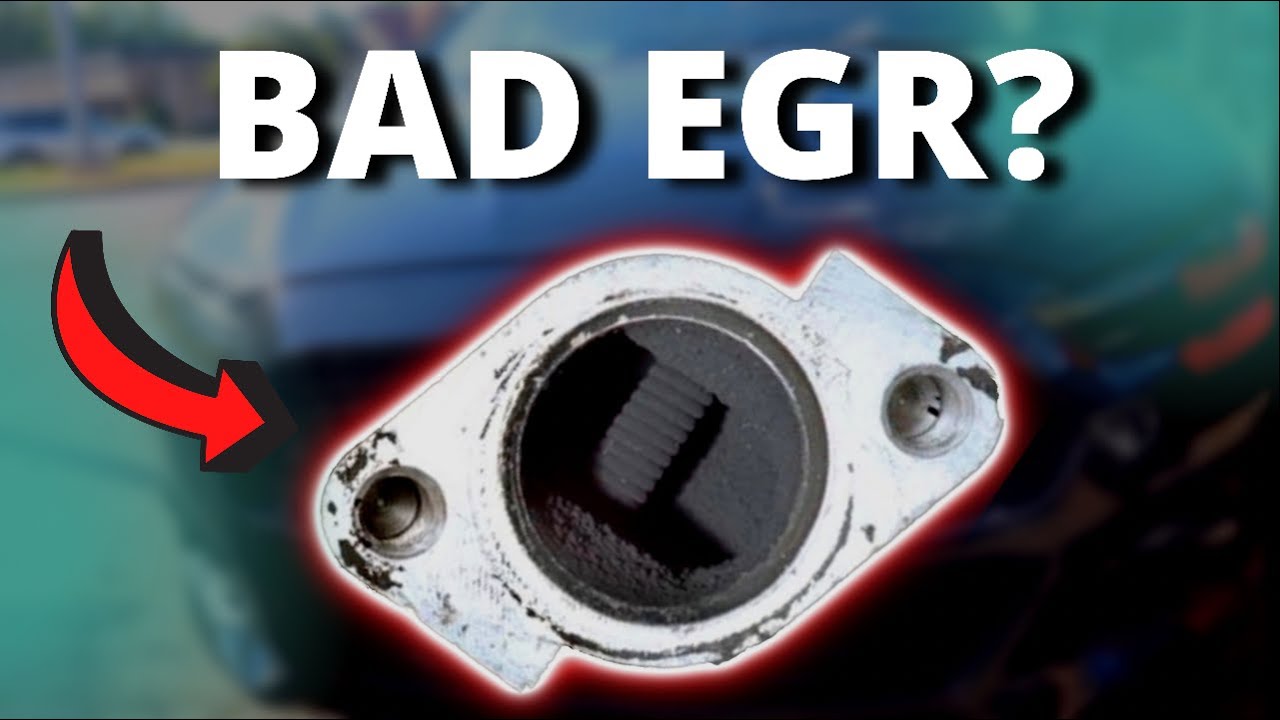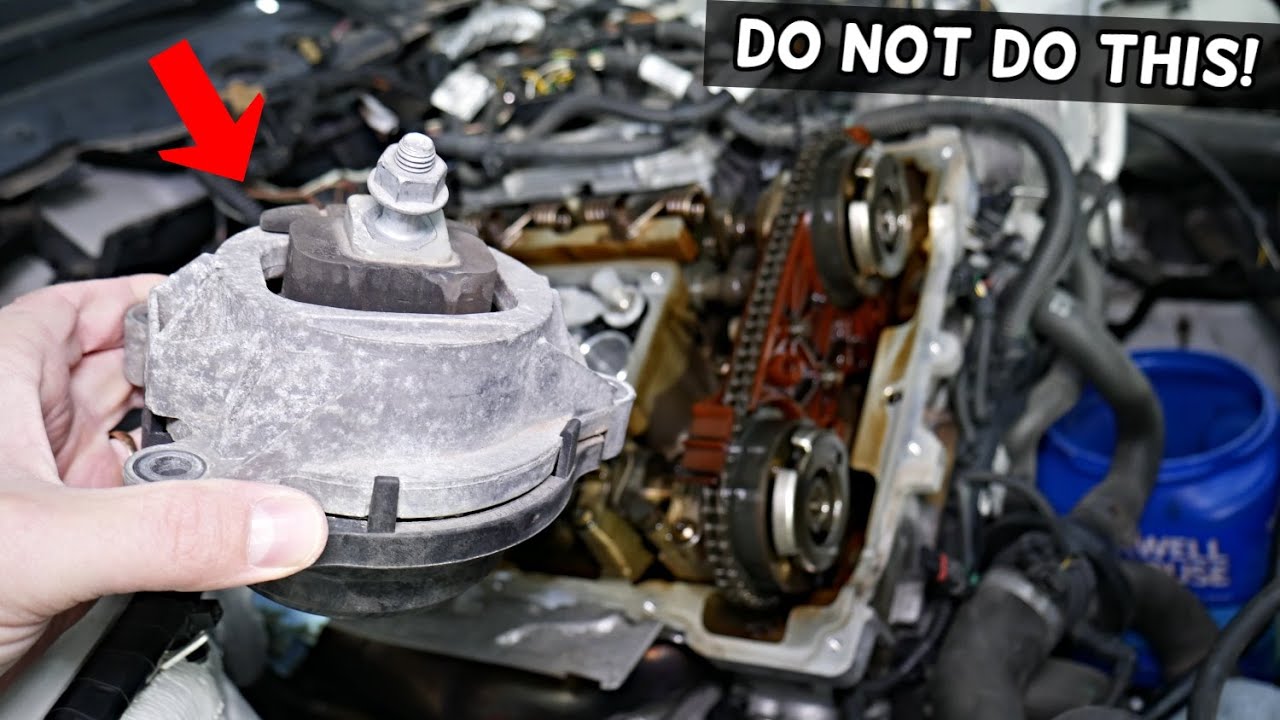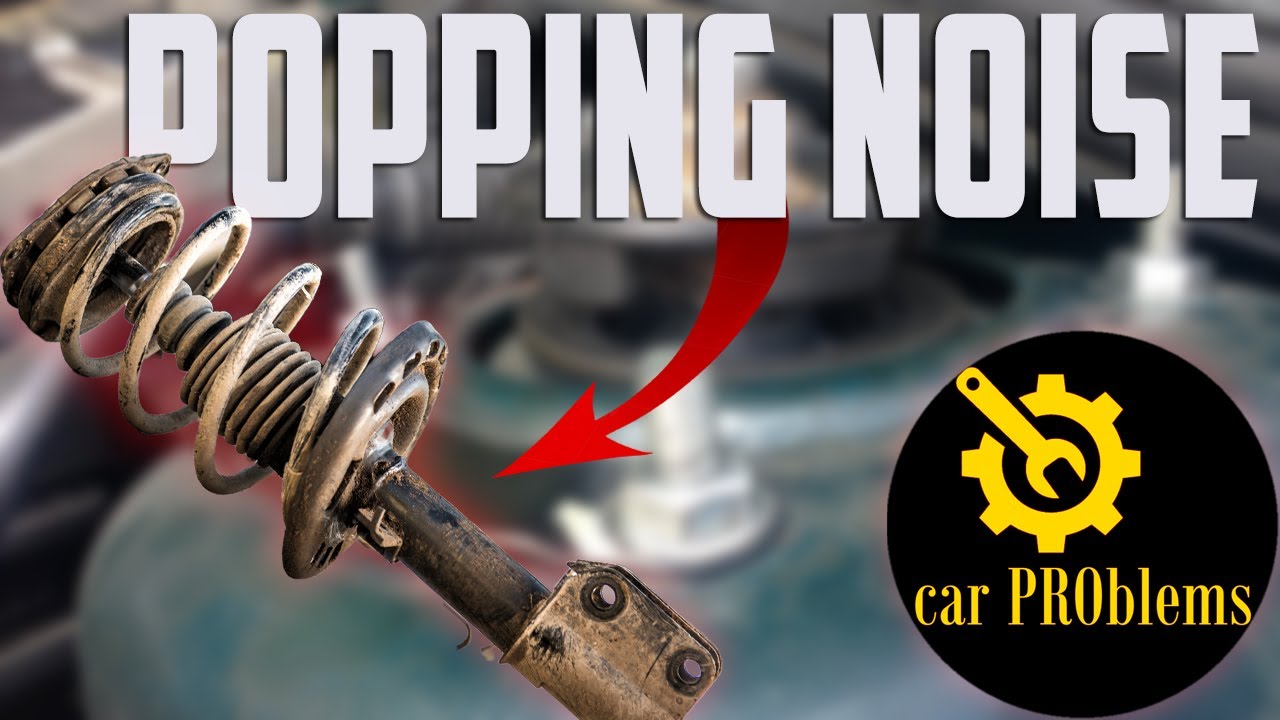Air conditioning compressors are a vital component of any car’s air conditioning system. They are responsible for compressing and circulating the refrigerant that cools the air inside your car. Air conditioning compressors are typically located under a car’s hood and driven by the engine via a belt.
They are responsible for pressurizing the refrigerant gas and circulating it through the air conditioning system. If your car’s air conditioning system is not functioning properly, the compressor may be at fault. In this article, we will take a closer look at how car AC compressors work, symptoms that show your AC compressor is faulty, and what you can do if yours is not functioning properly.
How Do Car AC Compressors Work?
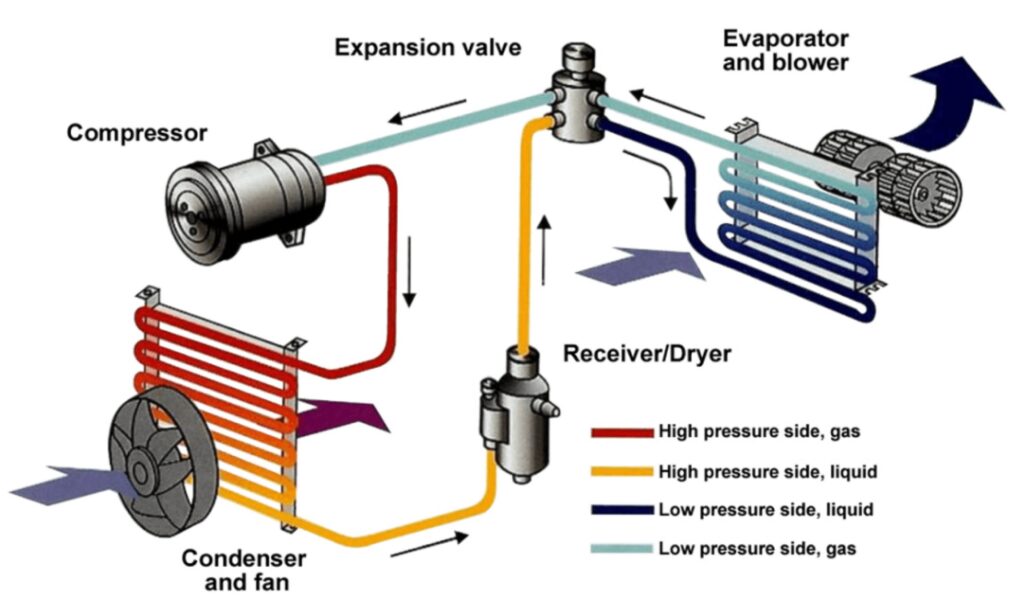
The air conditioning system in your car works by using a refrigerant, such as Freon, to cool the air inside your car. The refrigerant is circulated through a series of tubes and coils by the AC compressor. When the compressor is activated, it compresses the refrigerant, increasing its temperature and pressure. This causes the refrigerant to become hot and vaporized.
The hot, vaporized refrigerant is then sent through a series of tubes and coils in the evaporator, which is located inside the car. As the hot refrigerant passes through the evaporator, it cools down and turns back into a liquid. As it cools, it absorbs heat from the air inside the car, which is then blown out through the vents by the car’s blower fan.
The cooled, liquid refrigerant is then sent back to the compressor, where the cycle begins again. This continuous circulation of the refrigerant is what helps to keep the air inside your car cool and comfortable.
6 Symptoms of a Bad Car AC Compressor
A malfunctioning car AC compressor can lead to several problems with your vehicle’s air conditioning system. If you suspect that your car’s AC compressor may be failing, it is important to have it checked out by a mechanic as soon as possible. Some common symptoms of a bad AC compressor include:
#1 Warm Air From AC Vents
One of the most common symptoms of a bad car AC compressor is warm air coming from the vents. If you turn on the air conditioning system and the air coming from the vents is warm or lukewarm instead of cool, it could be a sign that the AC compressor is not functioning properly.
Since the AC compressor is responsible for compressing and circulating the refrigerant that cools the air inside your car, a non-functional compressor will not be able to compress the refrigerant effectively, which means that the refrigerant will not be able to cool the air as it should. This results in warm air coming from the vents instead of cool, comfortable air.

If you notice that the air coming from the vents is warm, it is a good idea to have your car’s AC system checked out by a mechanic to determine the cause of the problem. In some cases, it may be necessary to replace the AC compressor in order to get the air conditioning system working properly again. It is important to address this problem as soon as possible, as a malfunctioning AC compressor can cause damage to other parts of the air conditioning system and be costly to repair.
#2 Loud Noises
If you hear loud noises coming from the area around the AC compressor, it could be a symptom of a problem with your car’s air conditioning system. These noises may be caused by a malfunctioning compressor or a problem with the belts that drive it.
Loud noises from the AC compressor can be caused by a variety of issues, such as a faulty seal, damaged compressor blades, or a problem with the belts. If the compressor blades are damaged, they may be unable to rotate smoothly, which can cause loud noises as they grind against each other. Similarly, if the belts that drive the compressor are worn or damaged, they will make loud noises as they rotate.

Suppose you hear loud noises coming from the region around the AC compressor; you should get your car’s air conditioning system evaluated by a professional to establish the origin of the problem and the best course of action.
#3 Leaks
A faulty seal is one common cause of fluid leaks in the AC system. The compressor is sealed to prevent the refrigerant from leaking out. The refrigerant may escape if the seal is damaged or worn, leading to fluid leaks under the car.
Another potential cause of fluid leaks in the AC system is a problem with the compressor itself. The compressor is a mechanical component and can wear out over time. Getting the problem addressed early can help prevent further damage and keep your car’s air conditioning system functioning properly.
#4 Weak Air Flow
There are several potential causes for weak airflow from the vents, including a malfunctioning compressor, a problem with the refrigerant, or a blockage in the system. If the compressor is not functioning correctly, it may not be able to circulate the refrigerant effectively, resulting in weak airflow from the vents.
Similarly, if there is a problem with the refrigerant, such as a leak or a blockage, it may not be able to cool the air effectively, leading to weak airflow. If you notice weak airflow from the vents, it is important to address the problem as soon as possible.
A malfunctioning AC compressor can cause damage to other parts of the air conditioning system and be costly to repair. You can also avoid further damage to your car’s air conditioning system by fixing the issue as soon as possible.
#5 Strange Smells are Coming From the AC Vents
There are many reasons why you might perceive strange smells while your air conditioner is on. One of them is a faulty car AC compressor. If the compressor is damaged or malfunctioning, it may produce strange smells as it operates.
Another reason for perceiving a strange smell is the contamination of refrigerants. A bad odor is perceived when certain substances or chemicals contaminate your coolant (refrigerant).
#6 Unable To Turn On The AC
There may be an issue with the compressor if you are unable to switch on the air conditioner at all. To turn on the air conditioner, the compressor must be in good working order; otherwise, the system will not activate. Issues with the compressor, the electrical system, or the refrigerant might prevent the air conditioner from turning on.
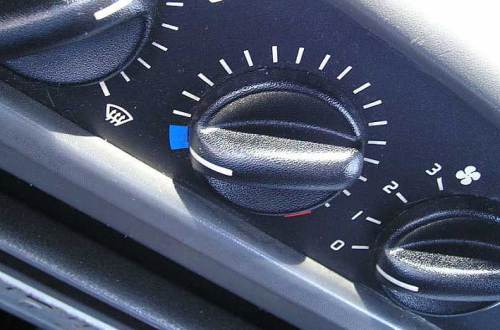
The air conditioner can not turn on if the compressor is malfunctioning. Also, if there is a problem with the electrical system, the compressor may not be able to receive the necessary signal to turn on. Finally, the system might not be able to operate effectively if there is a refrigerant issue, such as a leak or a blockage.
A malfunctioning AC compressor or a problem with the electrical system or refrigerant can cause damage to other parts of the air conditioning system and can be costly to repair. In some cases, it may be necessary to replace the AC compressor or refill the refrigerant in order to fix the problem.
Final Words
A crucial part of any car’s air conditioning system is the air conditioning compressors. They control the refrigerant that cools the air inside your automobile by compressing and circulating it. A malfunctioning car AC compressor can lead to several problems with your vehicle’s air conditioning system, including warm air coming from the vents, loud noises, fluid leaks, weak airflow, strange smells, and an inability to turn on the AC.
If you notice any of these symptoms, it is important to have the AC compressor checked out by a mechanic as soon as possible to determine the cause and the best course of action. In some cases, it may be necessary to replace the AC compressor in order to fix the problem and keep the air conditioning system functioning properly.
Frequently Asked Questions
How long should a car ac compressor last?
A car AC compressor should last for the vehicle’s lifespan if properly maintained. However, the actual lifespan of the compressor can vary based on some factors, including the compressor’s quality, the driving habits of the owner, and the car’s overall condition. Some compressors may last for over 100,000 miles, while others may need to be replaced after just 50,000 miles.
Can I replace the car ac compressor myself?
If you need to replace your car’s AC compressor, it is generally best to have it done by a professional mechanic. A mechanic will have the knowledge, skills, and tools necessary to properly diagnose and fix the problem, ensuring that the job is done safely and correctly. In addition, a mechanic can properly dispose of any refrigerant removed from the system, which is important for the environment.
How much does it cost to replace the ac compressor in a car?
On average, you can expect to pay anywhere from $500 to $1,500 for a new AC compressor, although prices can be higher or lower depending on the specific circumstances. In addition to the cost of the compressor itself, you may also need to pay for labor and other related expenses, such as the cost of disposing of the old compressor and refilling the refrigerant.
